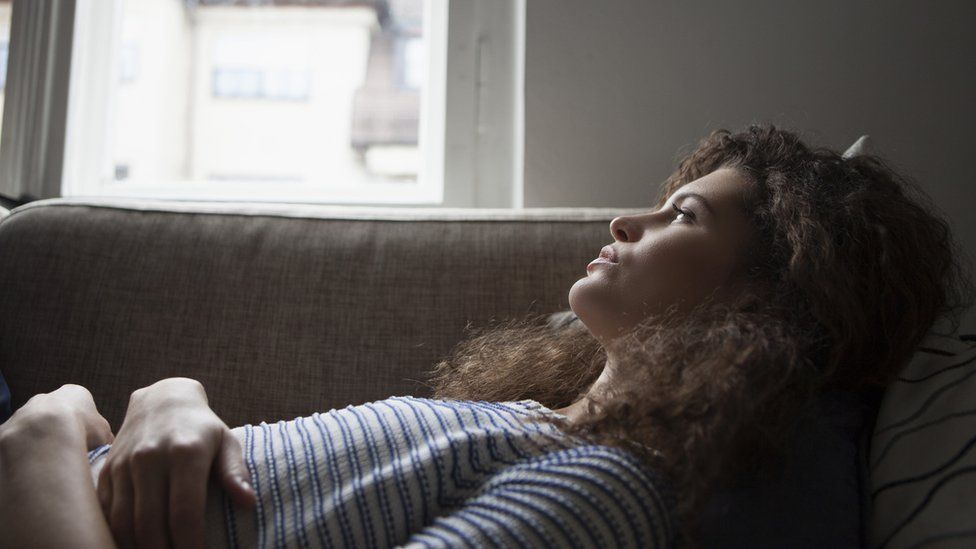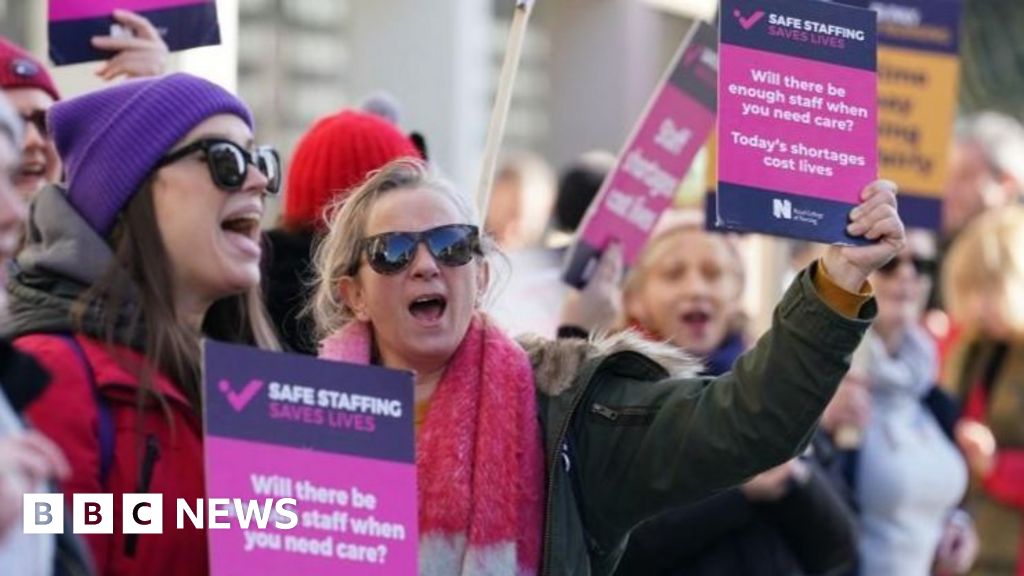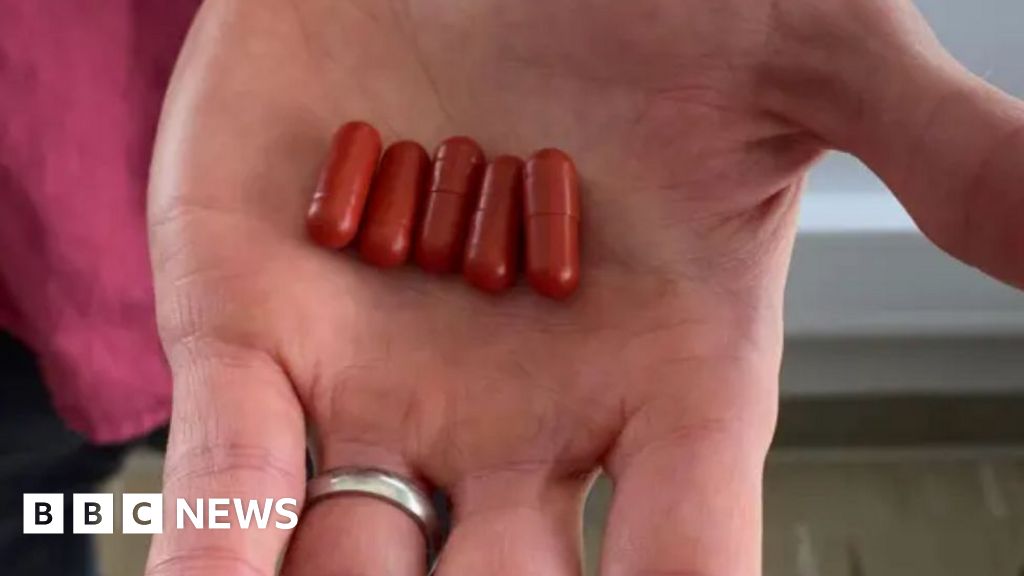ARTICLE AD BOX
 Image source, Getty Images
Image source, Getty Images
By Annabel Rackham and Philippa Roxby
Health reporters
Bereaved parents who lose a baby before 24 weeks of pregnancy in England can now receive a certificate in recognition of their loss.
Ministers say they have listened to bereaved parents who have gone through the painful experience of miscarriage.
Campaigners said they were "thrilled" that millions of families would finally get the formal acknowledgement that their baby existed.
All parents who have experienced baby loss since September 2018 can apply.
They should visit the gov.uk website - applicants must be 16 years old, have been living in England at the time of the loss and be one of the baby's parents or surrogate.
In Wales, there are plans to deliver a similar scheme. A memorial book where people can record their pre-24 week losses is already up and running in Scotland.
Babies who are born dead after 24 completed weeks of pregnancy are called stillbirths, and their deaths are officially registered. But this does not happen for babies who die before that stage.
Pregnancy loss or miscarriage before 24 weeks is the most common complication of pregnancy, experienced by an estimated one in five women in the UK.
'This piece of paper proves our babies existed'
Image source, Cate Poolton
Image caption,Cate says the baby loss certificates will prove her babies existed
Cate Poolton, 41, from Warwickshire, lost two babies in early pregnancy. She now has two children but she says the official certificates, which are not legal documents, will be "an incredible thing".
"It takes a long time to process and recover from losing a baby," she said.
"Regardless of how long you're pregnant for, it's still a baby you've lost and this piece of paper proves it existed."
She said the certificates would "get people talking about what they went through" and show employers the reason they are off work.
"The only thing we have are the memories," she adds. "There's nothing to say our babies were ever anything."
A recent independent review looked at ways to improve NHS care and support for parents experiencing losses before 24 weeks of pregnancy - and it came up with 73 recommendations on how to make positive changes.
Every year there are thought to be a quarter of a million miscarriages and more than 11,000 hospital admissions for losses because of ectopic pregnancies.
Statistics also show that in 2021, 3,300 women had to terminate a wanted pregnancy for medical reasons.
In response, the government decided that issuing certificates of baby loss on a voluntary basis should be a priority in England.
'Deeply distressing'
Myleene Klass, musician and TV presenter, who lost four babies during pregnancies and campaigned for the reforms, said: "I wanted to use my voice for something really powerful, but it turns out we've just gone on to move a mountain."
Describing the changes as one of her proudest achievements, she said women would no longer have to endure the "hell" she suffered.
Kate Brintworth, chief midwifery officer for England, said she was pleased that women "will now be able to access a baby loss certificate which recognises the impact and importance of early pregnancy loss to them and their families".
By next month, bereavement services will be available in almost every NHS trust in England, seven days a week, she added.
The Miscarriage Association said it looked forward to the baby loss certificate scheme being extended to losses prior to September 2018 as soon as possible.
"For many, if not most people, even the earliest of losses can be deeply distressing, both emotionally and physically," said Ruth Bender Atik, national director of the association.
"The new certification scheme will make a genuinely positive difference to many who have experienced pregnancy or baby loss, offering formal recognition of the tiniest of lives."
The announcement has also been praised by Zoe Clark-Coates, who runs the pregnancy loss support charity The Mariposa Trust.
She thanked "the tens of thousands of bereaved parents who have asked for this, and supported our work to see these introduced".
Related Internet Links
The BBC is not responsible for the content of external sites.

 1 year ago
93
1 year ago
93








 English (US) ·
English (US) ·